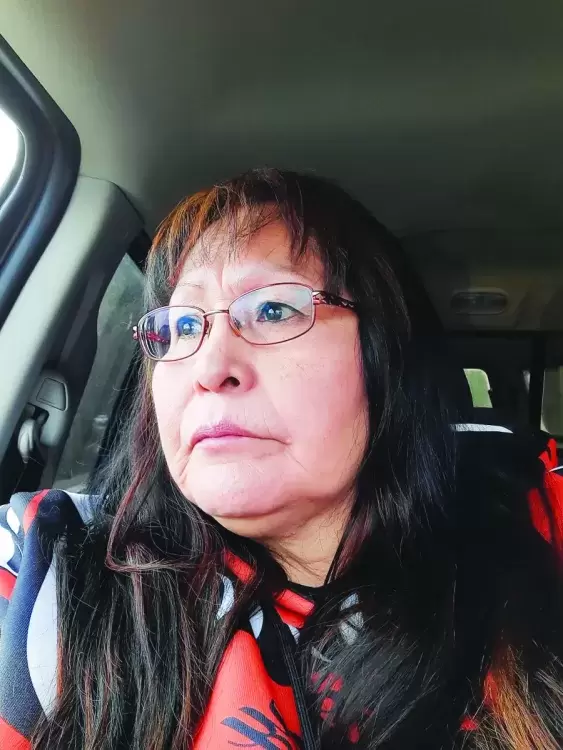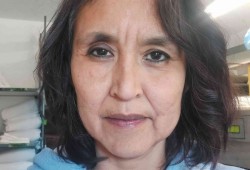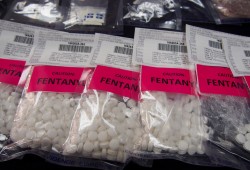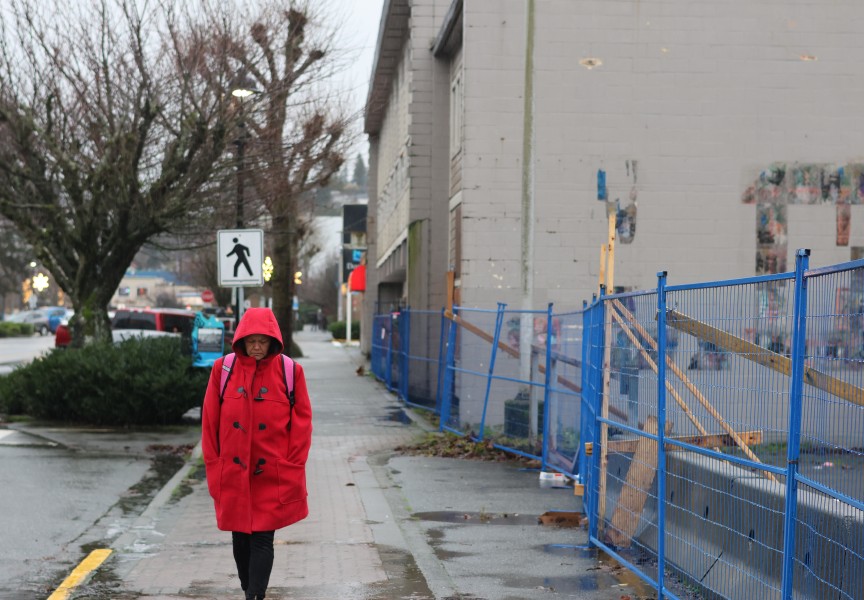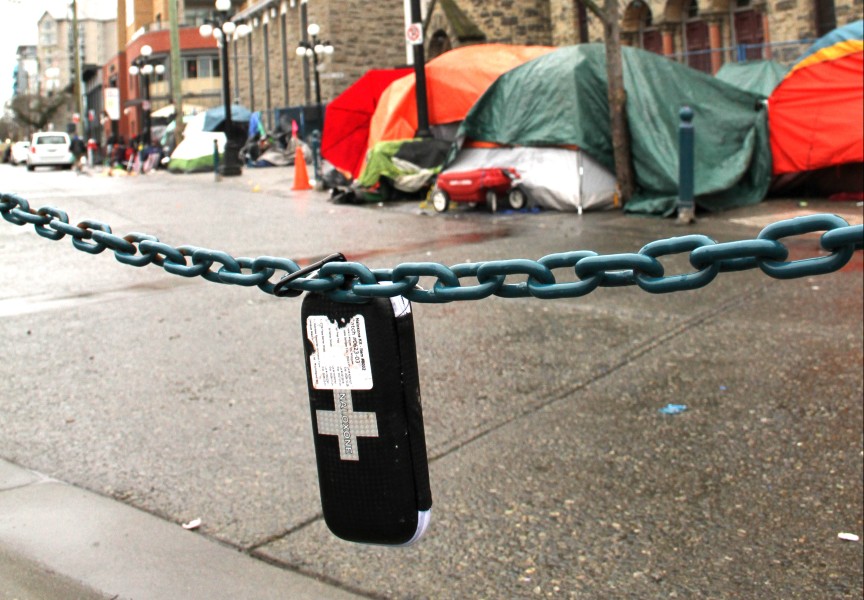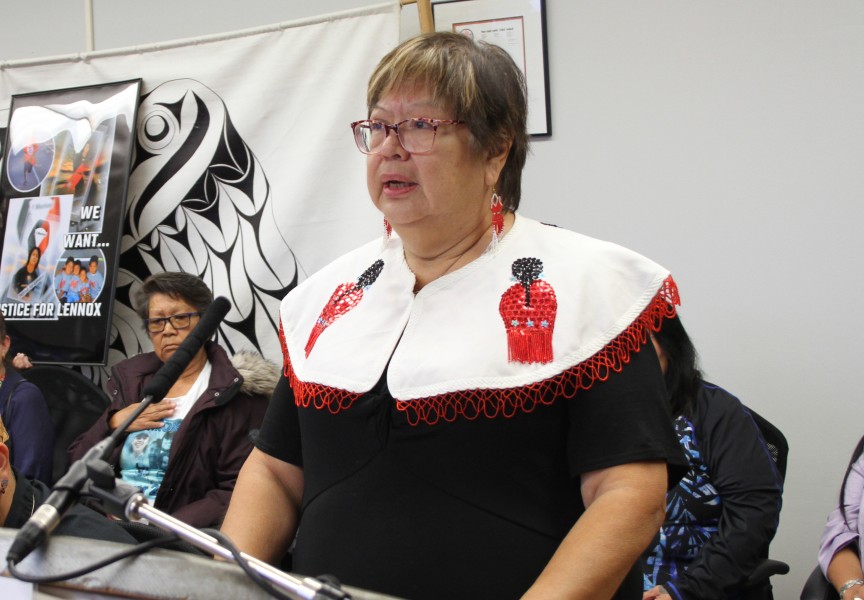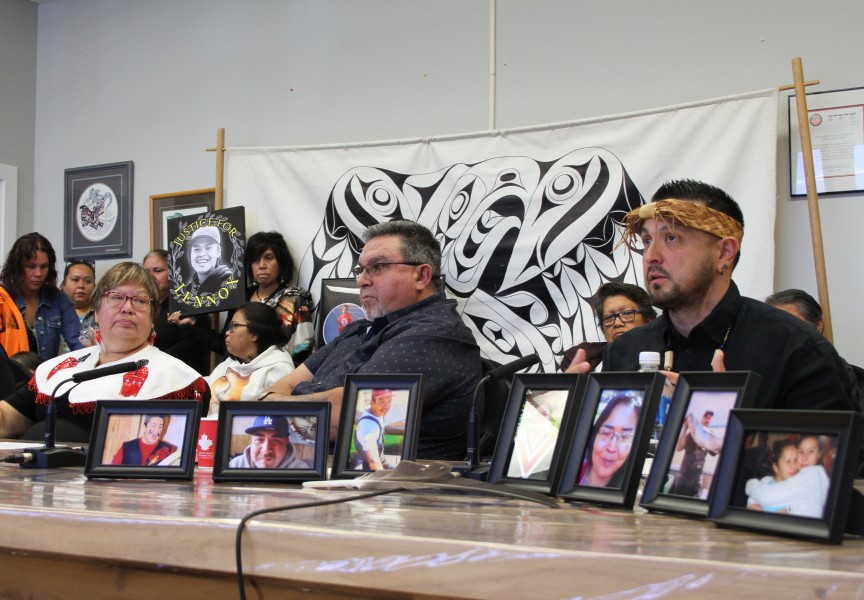“The system is set up for failure,” said a worried and frustrated mother of a young, heroin addicted man. Jackie Dennis of Huu-ay-aht is doing whatever she can to help her adult son get clean, including taking him home to Anacla to care for him as he goes through the painful process of withdrawing from heroin addiction.
Dennis says her 30-year-old son wants to get clean after using heroin for six years.
“He told me he’s done with it, he wants out,” said Dennis.
But heroin is like a clingy lover, it doesn’t let you go easily.
“You can’t quit cold turkey,” said Dennis.
She explained that heroin withdrawal comes in stages and involves excruciating pain, vomiting, diarrhea and sweats.
“It’s either suffer or go back to using,” she told Ha-Shilth-Sa.
Dennis is no stranger to addictions and what it takes to withdraw. Her drug of choice was crystal meth.
She had been using drugs for 12 years and reached out for help to get clean. But when she heard what she needed to do to get into treatment, she became frustrated and went back to using drugs.
“I’d get the run around…call this person, call that person and then they tell you to make six weeks of appointments with a counsellor and stay sober two weeks…if I could have done that on my own, I would,” Dennis said.
Jackie recalls having big boxes of drug supplies delivered for free to her when she was in Vancouver.
“I didn’t have to go anywhere – they brought me all the drug supplies I needed and then sent someone to come clean up the dirty needles afterward,” she said. “If they would spend half the money on recovery that they do on keeping them addicts we might get somewhere.”
A walk-in detox centre would be a good start, she suggested.
Change came for Jackie in January 2021, when she spent two days struggling to inject crystal meth into her body but couldn’t do it.
“I cried for two days, and I said to myself, ‘What the f**k are you doing, Jackie? You’re better than this!’,” she recalled.
Dennis prayed to her late mother and her late son, asking them to protect her from harm as she went cold turkey and stopped using crystal meth all on her own. She celebrated one year free of drugs on Jan. 11, 2022.
Now she hopes to help her son break free from the bonds of drug addiction.
Grace Frank of Tla-o-qui-aht shares a similar story. Her 37-year-old son has been addicted to drugs for nearly nine years.
“It was heroin at first, but I don’t know what it is now…it’s that other one that makes you go crazy,” shared the heartsick mom. “It’s tough to witness your own child flying high on drugs and not knowing what to do.”
Frank has traveled as far away as Vancouver’s notorious Downtown Eastside, a hub for drug activity, to search for her son. When she finds him, she brings him back home to Ty-Histanis on Vancouver Island’s west coast, where she takes care of him as long as he will let her.
“He’s lost a lot of weight, he’s not very healthy,” said Frank.
They’ve developed a routine where Frank goes searching for her son, brings him home to care for him.
“I feel fear when he’s not home. When the phone rings late at night, I’m so scared to hear that it might be an overdose,” she shared.
Late night phone calls are a source of intense fear for Frank. It was a late-night phone call in June 2020 that notified Frank that her granddaughter, Chantel Moore, had been shot to death by an Edmundston police officer during a wellness check.
“It’s traumatizing, my heart races,” said Frank about her phone ringing late at night.
Frank’s repeated attempts to bring her son home has caused problems in her marriage, but she makes no apologies.
“He may be an adult, but he is my son, and I will always love him, until the day I die,” said Frank.
And even though the cycle has repeated itself several times over the past eight years, Frank clings to hope that things will change.
“There is always hope, as long as they’re alive,” said Frank.
Like Jackie’s son, Grace’s son has expressed a willingness to get clean but, according to Frank, there’s too many hoops to jump through.
Nearly six years since a provincial public health emergency was declared, these mother’s struggles appear to be affecting more people across B.C. Last year there were 2,224 fatal overdoses in the province - the most on record, with a 31per cent jump in paramedic calls to treat toxic drug use on Vancouver Island. Port Alberni saw a 41per cent increase in cases of overdose due to illicit drug use.
Health officials and elected representatives have struggled to slow this rising toll. In efforts to remove the stigmatization of illicit drug use and better guide enforcement, B.C. has applied to Health Canada for an exemption under the Controlled Drugs and Substances Act, and in late December MP Gord Johns introduced a bill to decriminalize drug possession for personal use.
Meanwhile, province has worked to guide users towards less-harmful alternatives, citing over 15,000 medical prescriptions for safer medical alternatives over the last two years.
“Substance use addiction is a public health issue, not a criminal one,” said Sheila Malcolmson, minister of Mental Health and Addictions, earlier this year. “B.C. is adding new health and substance-use care services almost weekly, but we know shame prevents many people from accessing life-saving care.”
In recent days Frank’s son called her and asked her to pick him up. She hopes that his choice to come home is a sign of his willingness to quit drugs.
“The hardest thing is to see them coming down off of the drugs – the dope-sick part,” Frank shared.
She said it’s become a routine – he’s got no more drugs. She buys him sweets, like gummy bears, ice cream and pop. Then he retreats to his room where he wants to be left alone.
“He doesn’t like being checked but I have to check him three to five times a night to make sure he’s not dead,” Frank shared.
In late February, Dennis picked up her son from Port Alberni and brought him home to Anacla, nearly two hours away. He had been off heroin for two days and was sick from the withdrawals. Dennis planned to drive him back to Port Alberni’s West Coast General Hospital before the weekend to see if she could get him medical help for his withdrawal symptoms.
“Once someone is dependant stopping their use can be extremely difficult,” states the Canadian Association of Mental Health. “People who have used heroin for a long time often report that they no longer experience any pleasure from the drug. They continue to use heroin to avoid the symptoms of withdrawal and to control their craving for the drug.”
And that is where Dennis is at – working desperately to get her son through the withdrawal process, pretty much on her own.
Ha-Shilth-Sa checked in with Dennis after the weekend. While she was unable to get help for her son at the hospital, she managed to get a virtual appointment with a doctor through Island Health’s Telehealth. Telehealth uses computer technology to connect patients with a doctor no matter where they live.
But the appointment is for mid-March. By that time Dennis’ son will have chalked up about a month’s wait to get on the methadone program.
Dennis was able to access a small quantity of methadone from a friend to carry him through.
“Without his friend’s help, he’d be in absolute pain,” she said.
For now, both mothers are caring for their sons in their home communities, hoping and praying that the cycle of drug addiction has finally come to an end.

